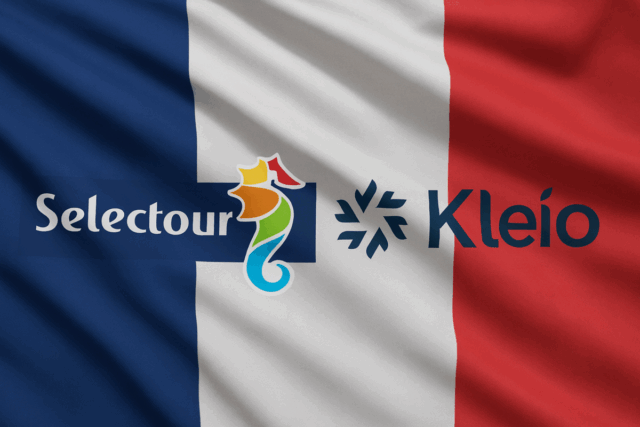October 15, 2025
How Can Brands Stay Visible in the Age of AI Search?

When consumers turn to ChatGPT, Gemini, or Perplexity for answers, where does that information actually come from? A new study by Yext shows it’s usually right from the companies themselves.
According to the study of 6.8 million AI citations, the sources referenced in AI-generated responses, Yext found that 86% originate from brand-managed sources such as official websites, business listings, and review platforms. The finding goes against the idea that AI systems rely mainly on unstructured user content and points to a clear advantage for brands that invest in accurate, structured data.
The Sources Behind AI Answers
While much has been made of AI tools surfacing data from across the web, the research shows that the most trusted and frequently cited sources are those brands already control. First-party websites account for the largest share of citations at 44%, closely followed by listings at 42%, and reviews or social content at 8%. In contrast, community forums like Reddit and Quora contribute just 2%.
The study also emphasises the distinct preferences of each AI platform. Gemini favours first-party websites, ChatGPT leans more on listings, and Perplexity spreads its citations more widely, drawing on travel and mapping platforms like TripAdvisor and MapQuest.
Local Pages Drive Discovery
Yext’s analysis takes a location-first approach, mirroring how people actually search: with a specific intent in a specific place. This revealed that visibility in AI search depends heavily on local accuracy, not just national brand awareness.
In retail, nearly half of citations (47.6%) come from structured local pages. Finance shows a similar pattern, with 48.2% tied to authoritative brand-owned domains, particularly local banking pages.
Meanwhile, healthcare results align with directory listings such as WebMD and Vitals, which account for more than half of citations. In food service, reputation matters most, with reviews and social content making up 13.3%, the highest of any industry, while listings still drive the majority of visibility.
How to Win in the AI Search Future
With more than half of U.S. consumers now using AI search assistants weekly, marketers are entering unfamiliar territory. Traditional SEO metrics no longer capture how often a brand appears in AI-generated answers, and 72% of marketing leaders believe AI search will soon have a bigger impact on customer acquisition than conventional search.
According to the report, brands that want to stay visible need to prioritise information quality over search rankings. That means measuring visibility at a local level, ensuring that business data is complete, structured, and machine-readable, and maintaining consistent facts across key sources like websites, listings, and review platforms.
“Discussions about measuring AI visibility are missing the most important factor. The consumer. AI generates answers based on a person’s real-world location and context, not a generic brand view. This has led to more confusion than clarity about what really powers AI,” said Christian J. Ward, Chief Data Officer at Yext.



